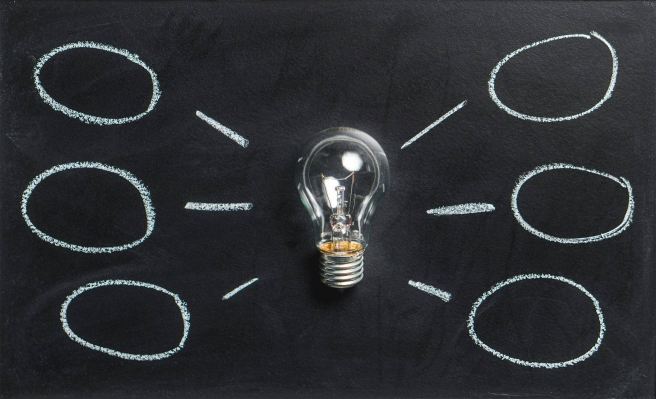The countdown begins…the 2013 Nobel Prize!

At this time of the year, most academicians await the announcement of the Noble Prize winners. This prestigious award is presented to worthy candidates in the fields of medicine, physics, chemistry, economics, literature, and peace. The winners of this year will be announced on the following dates: Medicine: October 7
Physics: October 8
Chemistry: October 9
Peace: October 11
Economics: October 14
Of course, we’re most interested in the academic awards, namely those for Medicine, Physics, Chemistry, and Economics. Before delving into guessing this year’s winners, let’s take a look at the award winners of 2012:
- Physics: The 2012 Nobel Prize in Physics was awarded jointly to Serge Haroche and David J. Wineland “for ground-breaking experimental methods that enable measuring and manipulation of individual quantum systems.”
- Chemistry: The 2012 Nobel Prize in Chemistry was awarded jointly to Robert J. Lefkowitz and Brian K. Kobilka “for studies of G-protein-coupled receptors.”
- Medicine: The 2012 Nobel Prize in Physiology or Medicine was awarded jointly to Sir John B. Gurdon and Shinya Yamanaka “for the discovery that mature cells can be reprogrammed to become pluripotent.
- Economics: The 2012 Sveriges Riksbank Prize in Economic Sciences in Memory of Alfred Nobel was awarded jointly to Alvin E. Roth and Lloyd S. Shapley “for the theory of stable allocations and the practice of market design.”
Academicians all over the world are guessing and predicting who the winners for this year will be. Like every year, Thomson Reuters has released a list of “Nobel-class” Citation Laureates for 2013. This list predicts the potential winners of the Nobel Prize based on a study of scientific research citations to identify the most influential researchers in the fields of chemistry, physics, medicine and economics. The notable Citation Laureates of 2013, and their areas of work, are as follows:
Medicine:
- Autophagy
a. Daniel J. Klionsky
Alexander G. Ruthven Professor of Life Sciences, University of Michigan, Ann Arbor, Michigan, USA
b. Noboru Mizushima
Professor, Biochemistry and Molecular Biology, Graduate School and Faculty of Medicine, University of Tokyo, Tokyo, Japan
c. Yoshinori Ohsumi
Professor, Frontier Research Center, Tokyo Institute of Technology, Yokohama, Japan
- DNA methylation and gene expression
a. Adrian P. Bird
Buchanan Professor of Genetics, University of Edinburgh, Edinburgh, Scotland United Kingdom
b. Howard Cedar
Edmond J. Safra Distinguished Professor Emeritus, Hebrew University of Jerusalem, Jerusalem, Israel
c. Aharon Razin
Professor Biochemistry Emeritus, Hebrew University of Jerusalem, Jerusalem, Israel
Physics:
- Extrasolar planets
a. Geoffrey W. Marcy
Professor of Astronomy, University of California, Berkeley, California, USA
b. Michel Mayor
Emeritus Professor, University of Geneva, Geneva, Switzerland
c. Didier Queloz
Professor, University of Cambridge, Cambridge, England, United Kingdom, and Professor, University of Geneva, Geneva, Switzerland
- Iron-based superconductors
a. Hideo Hosono
Professor, Materials and Structures Laboratory and Director of Materials Research Center for Element Strategy, Tokyo Institute of Technology, Yokohama, Japan
- The Brout-Englert-Higgs boson
a. François Englert
Professor Emeritus, Université Libre de Bruxelles, Brussels, Belgium, and Distinguished Visiting Professor in Residence, Chapman’s Institute for Quantum Studies, Chapman University, Orange, CA USA
b. Peter W. Higgs
Professor Emeritus, University of Edinburgh, Scotland, United Kingdom




